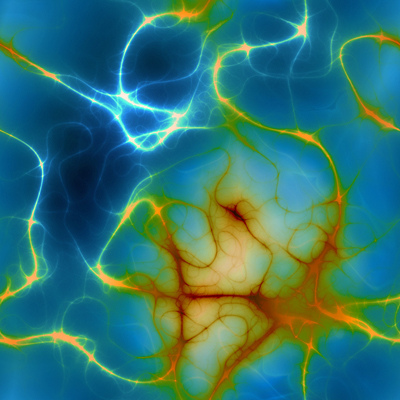We run our website the way we wished the whole internet worked: we provide high quality original content with no ads. We are funded solely by your direct support. Please consider supporting this project.

Does Analytic Thinking Make You Less Religious?
Andrew Aghapour wrote an article that was posted in Religion Dispatches questioning the findings of studies that concluded that analytical thinking negatively affects religious belief. In the article, Does Analytic Thinking Erodes Religious Belief? Aghapour argues that there are flaws in the studies and that the biggest culprit was the most likely the population used for the studies. It’s a good reminder that we need to be using our analytic brains when we encounter claims like these.
From the article:
Like the zombies that populate our screens, Americans have an immense appetite for brains. Most of the above stories come from just the past month, and they are only a small sample of neuroscience’s prominent circulation in the news cycle. Neuroscience can tell us who we are, how we can improve ourselves, and why other people act in the strange ways that they do. In an increasingly complex world, brains seem to somehow point back to the one thing that all humans have in common.
Perhaps because of the high demand for news about the brain, media coverage of neuroscience is notoriously sketchy. In a recent article in the journal Neuron, the authors lament the ways that popular neuroscience is used to artificially “underline differences between categories of people in ways that [are] symbolically layered and socially loaded.” In other words, research about the brain is often stretched and extended to support existing stereotypes about race, sex, class, and religion. Neuroscience is new enough, and our desire for brain facts is strong enough, that dubious claims about brain types circulate widely.
Image by Patrick Hoesly. Sourced via Flickr.
Related Reading

Believing Is Not Enough
One of the core elements of evangelical church life is the conversion experience. From old-time revivals, to seeker-sensitive church services, to post-modern outreach strategies, evangelicals have placed a very high emphasis on the point of conversion. This practice is based on a theological perspective; it’s not just a tactic to get people in the church.…

The Cosmic Dance Origin Story
In this video, Greg introduces The Cosmic Dance, by explaining what motivated him to write this quirky little book. If you live near the Twin Cities, come to the launch party Friday June 24th where you can purchase the book at a discounted rate. Click here for information on the launch party.

False Gods in the Church
We often think of an idol as a statue, but an idol can be anything we use to meet the needs that only God can meet. In other words, a false god. There is no end to the false gods we create. In Western cultures we often strive to feel worth and significance by acquiring…

Why Christ, not Scripture, is Our Ultimate Foundation
In a previous blog I argued that all our theological reflection must not only be Christ-centered, it must, most specifically, be cross-centered. I now want to begin to unpack some of the most important implications of adopting a cross-centered theological perspective. My ultimate goal is to show how a cross-centered theology is able to resolve the…

Does Science Kill Faith? (podcast)
Greg talks about science and faith in this deep and profound episode that expands, then devolves, into a strange strange dance. Episode 538 http://traffic.libsyn.com/askgregboyd/Episode_0538.mp3

Christ the Center
The center of the Christian faith is not anything we believe; it’s the person of Jesus Christ. The foundation of my faith is a person, not a book and a set of beliefs about that book. Rather than believing in Jesus because I believe the Bible to be the inspired Word of God, I came…
